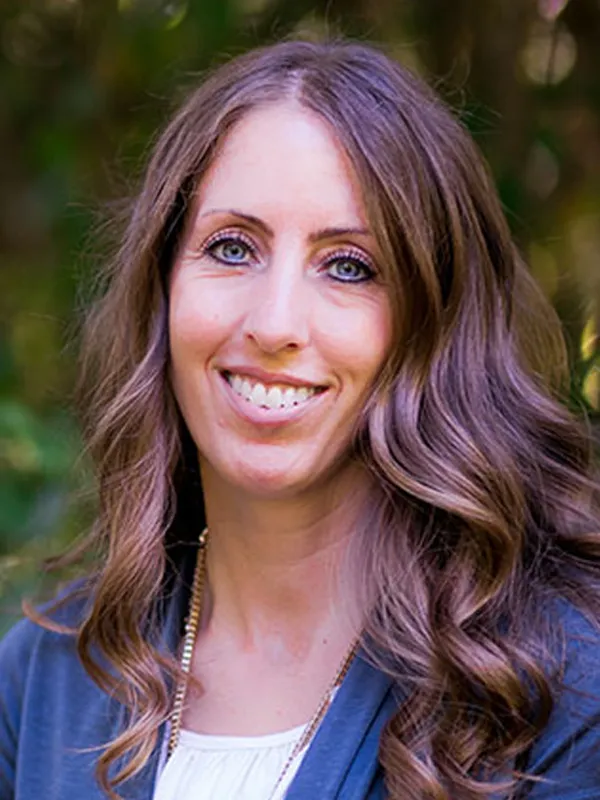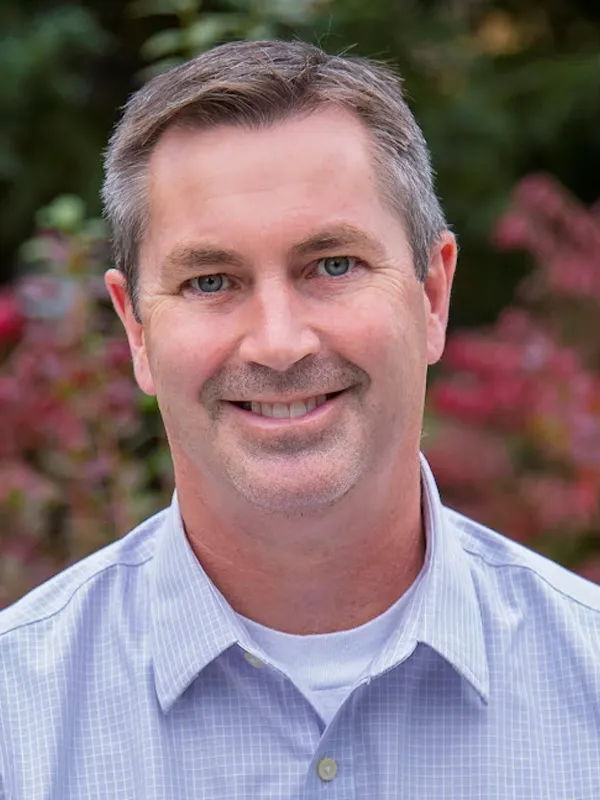
In a profession known for precision, responsibility, and high stakes, you might assume burnout is inevitable. But there’s good news. Despite the challenges, Certified Registered Nurse Anesthetists (CRNAs) continue to report strong and rising career satisfaction. What’s more, a new generation of providers is shaping what fulfillment looks like, and that shift is opening doors for better balance and long-term sustainability.
At Advanced Anesthesia Services (AAS), we believe these changes are worth celebrating. As our teams grow across rural and outpatient settings, we’ve seen how greater autonomy, cultural support, and fresh perspectives are helping CRNAs thrive.
CRNAs Still Love What They Do
CRNAs consistently rank among the most satisfied healthcare professionals. They value their autonomy, their clinical impact, and their role on the front lines of patient care. The blend of technical skill, critical thinking, and meaningful responsibility isn’t just professionally rewarding, it’s deeply personal.
That sense of purpose crosses generations. While the healthcare system continues to evolve, the core of CRNA work remains powerful. Whether a provider is fresh out of school or thirty years into their career, the pride in this role is unmistakable.
Generational Shifts, Shared Values
What’s changing is not the love for the job, but how success is defined. Older CRNAs tend to prioritize stability, compensation, and professional independence. Newer graduates still want those things, but they’re also seeking flexibility, mental health support, and more sustainable work-life balance.
Both perspectives matter. One generation built the foundation with experience and endurance. The next is strengthening it with energy and intention. At AAS, we believe that combining those values leads to better care, stronger teams, and a more resilient workforce.
Being passionate about time off, mental wellness, and manageable call schedules isn’t a weakness. It’s a strategy for longevity.
Autonomy Drives Fulfillment
One of the biggest predictors of CRNA satisfaction is autonomy; especially in outpatient and rural environments. At AAS, our CRNAs are trusted to make clinical decisions, manage complex cases, and lead with confidence. We support our teams without micromanaging them.
In locations like Snoqualmie and beyond, our CRNAs enjoy a model built on empowerment. The ability to work independently, while still feeling supported, creates space for both clinical excellence and personal growth.
The Landscape Is Evolving—and That’s a Good Thing
CRNA satisfaction isn’t static. It evolves with the healthcare system, with life stages, and with what providers need to feel successful and supported.
Today’s CRNAs are advocating for more, more autonomy, more flexibility, and more say in how care is delivered. They’re asking for better parental leave, supportive team structures, and roles that fit their lifestyle as well as their clinical goals.
Organizations that are listening are ahead of the curve. At AAS, we’re proud to be one of them.
The Takeaway
CRNA satisfaction remains strong. Expectations are shifting, but they’re shifting toward sustainability, balance, and smarter care models. When you combine autonomy with trust, flexibility with purpose, and leadership with support, you don’t just retain good clinicians. You help them thrive.
And yes, we’re still debating who makes the best coffee. But we can all agree, it’s not whoever brought the decaf.
Thinking about a team that actually prioritizes provider well-being? Let’s talk.

